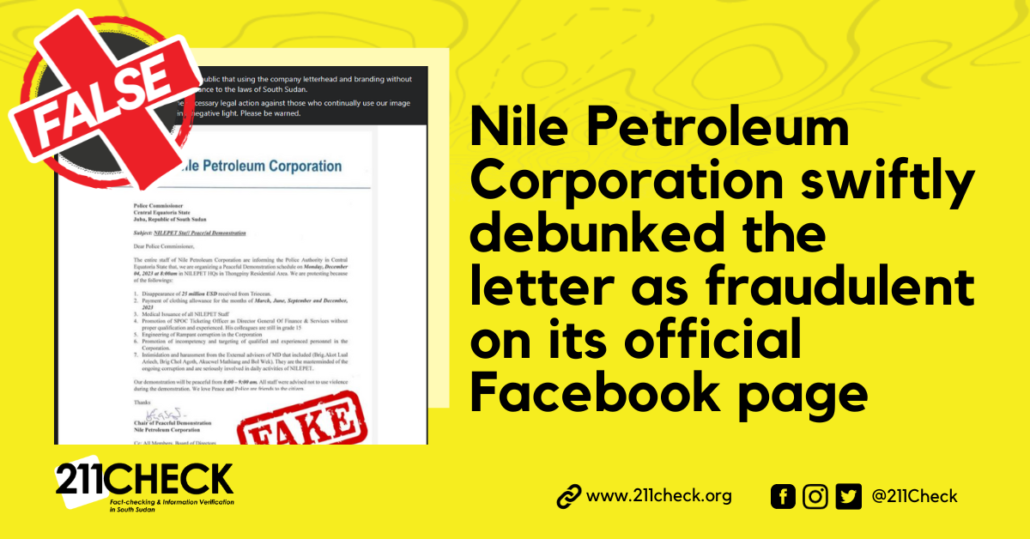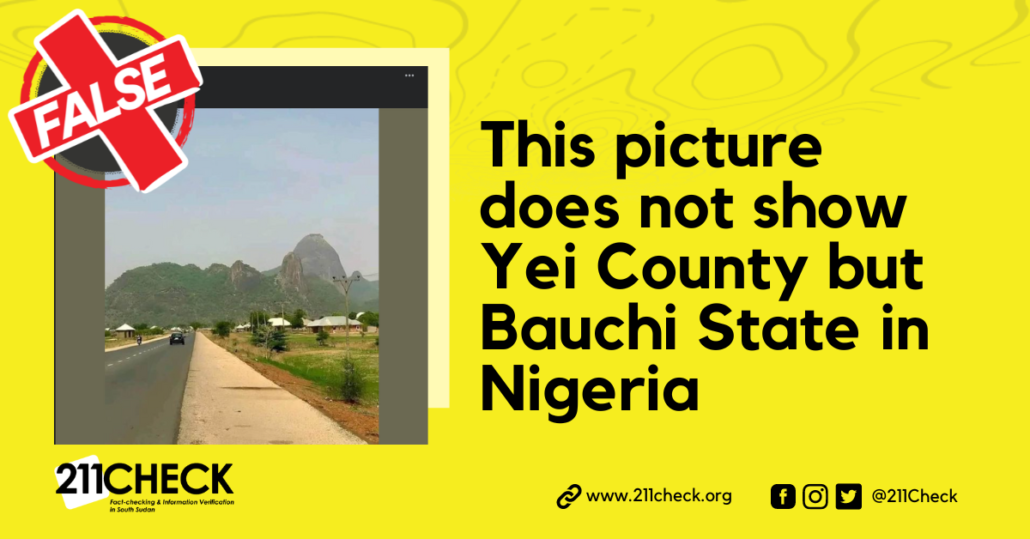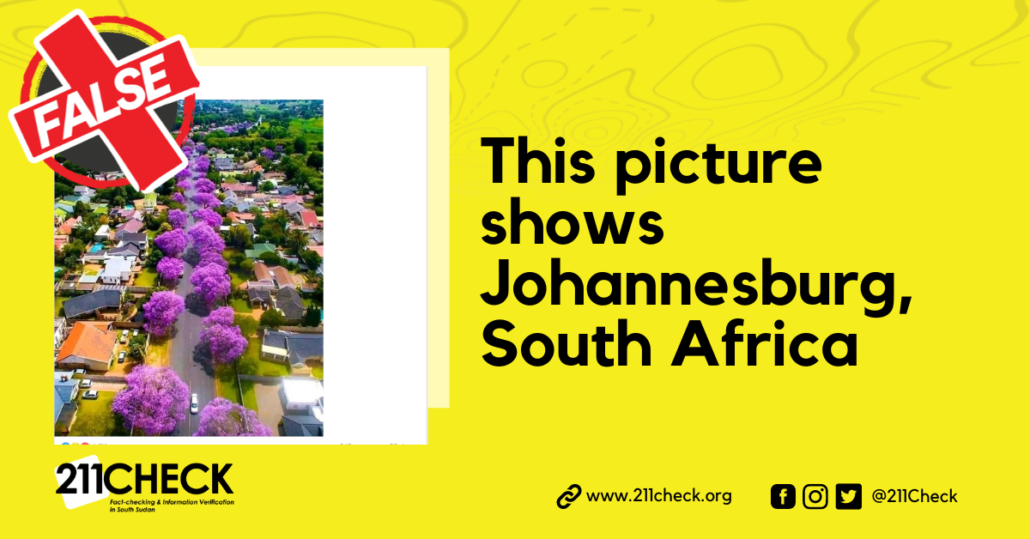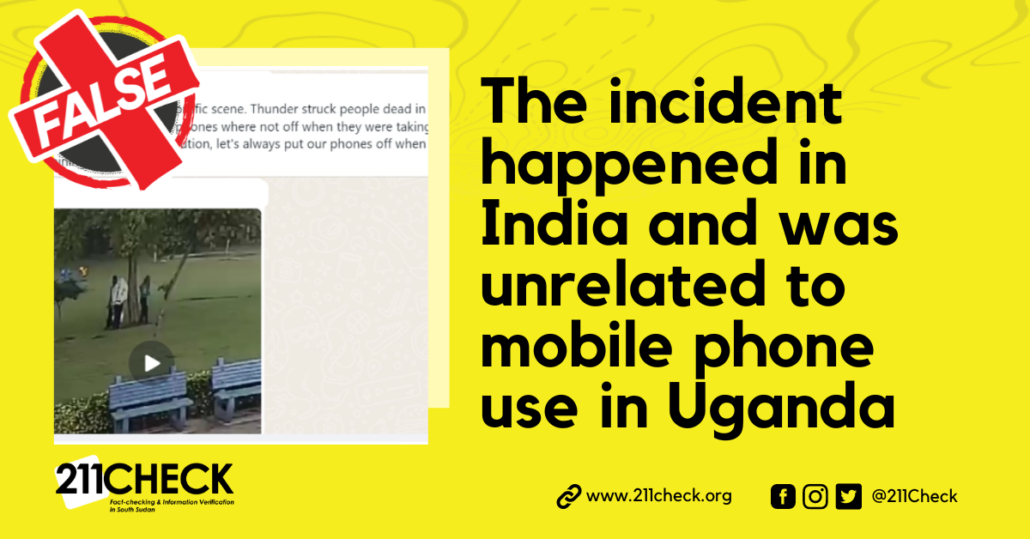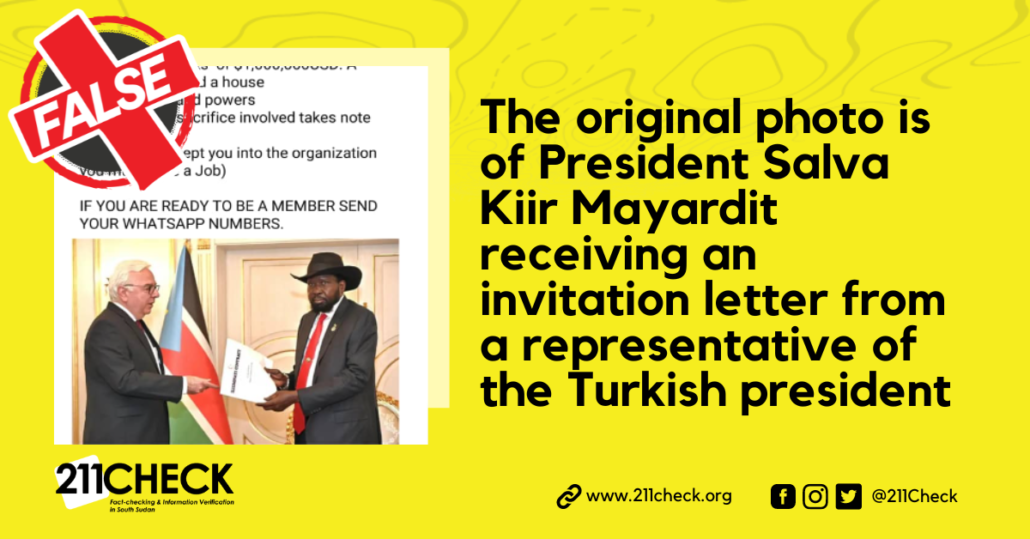Fact-check: No, South Sudan has not expelled U.S. Ambassador Michael Adler
The Ministry of ICT and Postal Services, in a statement, termed the claim as untrue and urged the public to treat it as negative propaganda.
Writer: Makur Majeng
A viral Facebook post claiming that South Sudan has ordered U.S. Ambassador Michael Adler to leave the country within 72 hours is false. There is no official confirmation from the Ministry of Foreign Affairs, the U.S. Embassy – Juba, or any credible news source to support the claim.
The Facebook post alleges that South Sudan, through its Ministry of Foreign Affairs and government spokesperson Michael Makuei Lueth, ordered Ambassador Adler to leave the country following diplomatic tensions and visa denials for government officials. It further claims that relations deteriorated after the U.S. imposed new sanctions on Vice President Benjamin Bol Mel.
However, 211 Check has verified that there is no official expulsion order or diplomatic directive that has been issued against Ambassador Adler. Neither the Ministry of Foreign Affairs nor the U.S. Embassy in Juba has confirmed any such development.
Screenshot of viral Facebook post shared on April 21, 2025, falsely claimed the U.S. Ambassador was expelled from South Sudan.
Claim Verification:
The U.S. Embassy in Juba remains operational and has not announced any disruption in its activities.
The Ministry of Information, Communication, Technology and Postal Services issued a statement today debunking the claim as untrue and negative propaganda.
The Sudan Post also stated that the Ministry of Foreign Affairs dismissed the claim on April 12th, 2025.
“The Ministry of Foreign Affairs and International Cooperation of the Republic of South Sudan wishes to address recent misinformation circulating on social media regarding the status of diplomatic relations with the United States,” Ayuel said in a media briefing.
“Contrary to these unfounded claims, the Government of the Republic of South Sudan has neither expelled the United States Ambassador nor closed its Embassy in Washington, D.C,” she added.
Context
The fabricated post appears to exploit diplomatic tensions between South Sudan and the United States over visa restrictions that Washington imposed on all South Sudanese citizens, including government officials.
Conclusion
211 Check found that the claim stating the U.S. Ambassador to South Sudan was ordered to leave the country is false and misleading. No credible evidence supports the expulsion claim, and both governments continue to maintain diplomatic ties.
To ensure accuracy and transparency, we at 211 Check welcome corrections from our readers. If you spot an error in this article, please request a correction using this form. Our team will review your request and make the necessary corrections immediately, if any.
It’s vital to fight misinformation and disinformation in the media by avoiding fake news. Don’t share content you’re uncertain about. False information can harm and mislead people, risking their lives—Fact-check before sharing. For more details, visit https://211check.org/, or message us on WhatsApp at +211 921 350 435. #FactsMatter.

 211 Check Website Graphic Feature Image
211 Check Website Graphic Feature Image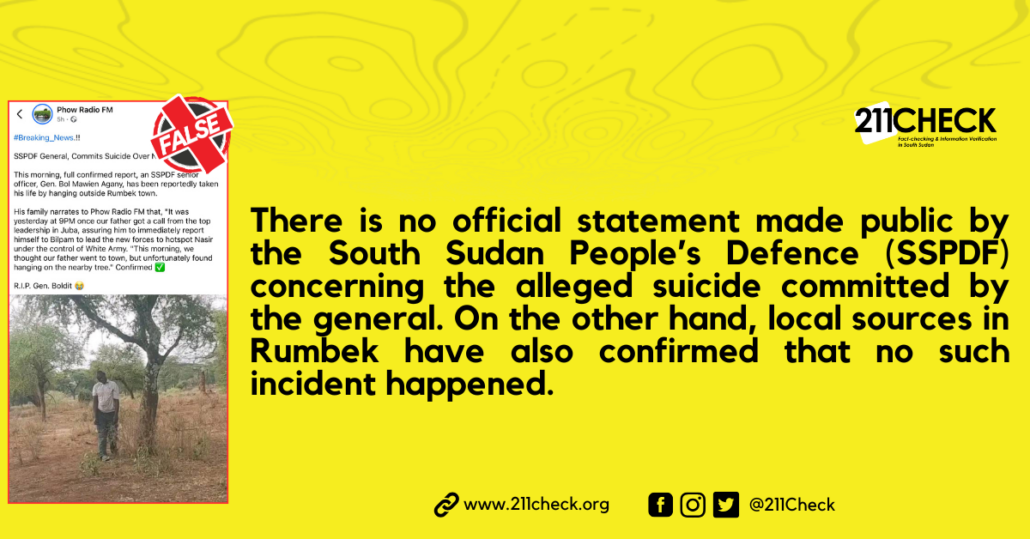 211 Check Website Graphic
211 Check Website Graphic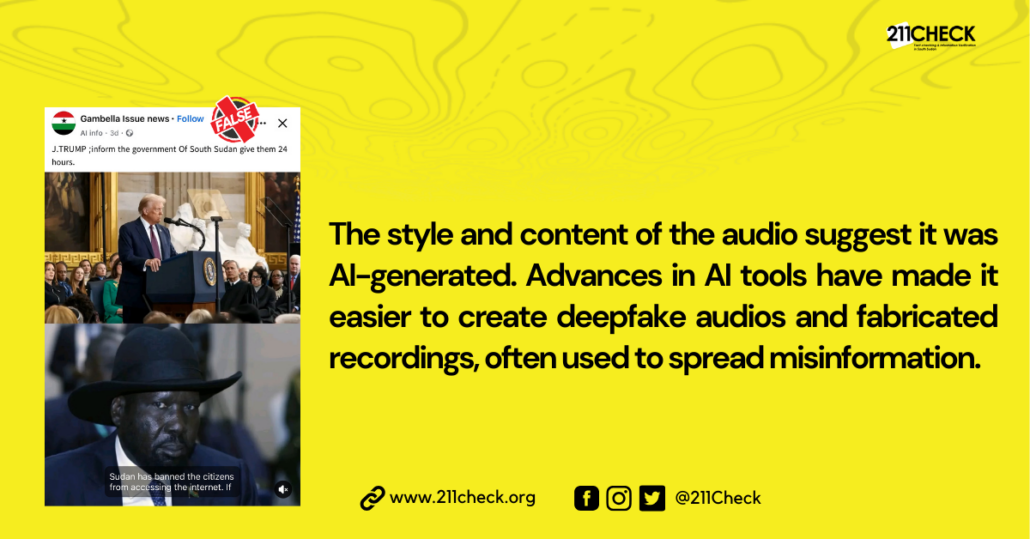 211 Check Website Graphics Image
211 Check Website Graphics Image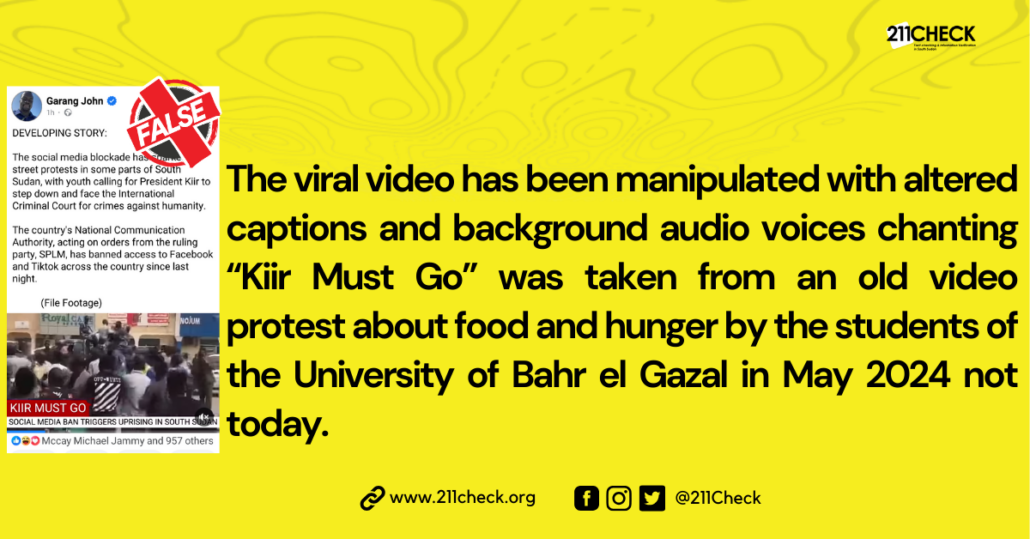 211 Check Website Graphics
211 Check Website Graphics